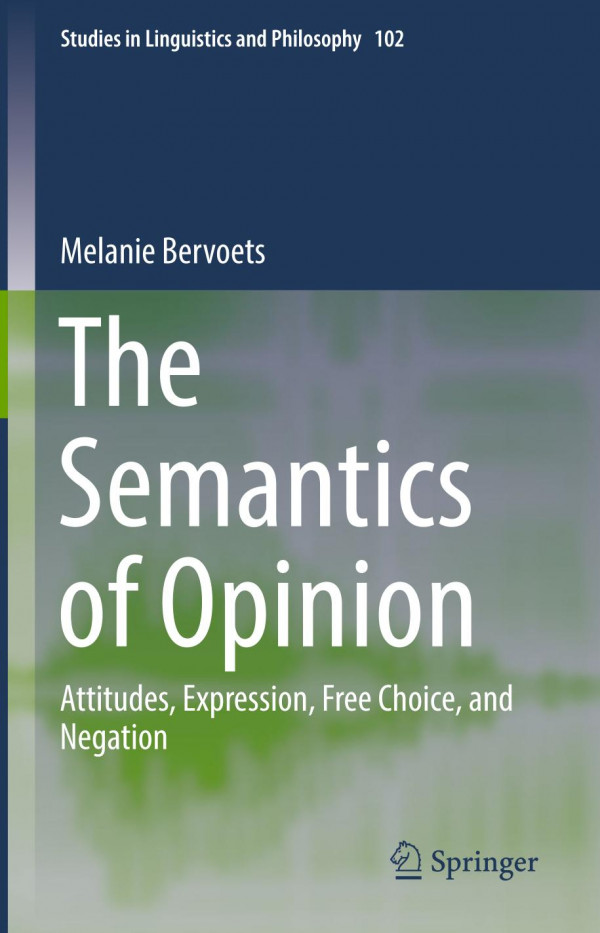

Most ebook files are in PDF format, so you can easily read them using various software such as Foxit Reader or directly on the Google Chrome browser.
Some ebook files are released by publishers in other formats such as .awz, .mobi, .epub, .fb2, etc. You may need to install specific software to read these formats on mobile/PC, such as Calibre.
Please read the tutorial at this link: https://ebookbell.com/faq
We offer FREE conversion to the popular formats you request; however, this may take some time. Therefore, right after payment, please email us, and we will try to provide the service as quickly as possible.
For some exceptional file formats or broken links (if any), please refrain from opening any disputes. Instead, email us first, and we will try to assist within a maximum of 6 hours.
EbookBell Team

4.7
106 reviewsThis volume sets out to provide a semantics for the "future-directed opining verbs", a novel class whose members are used to describe subjects' externally attested opinions toward future possibilities. Including verbs like recommend, promise, and permit, the class can be situated within a broader range of opinion verbs, including the well-known propositional attitudes, and key to the investigation here are differences among these groups along the lines of available event types, interaction with the common ground, and restrictions on subjects and objects. Other important semantic topics implicated in the discussion are dispositions, free choice disjunction, and Neg-raising/embedded NPI licensing, and the host of new data associated with the future-directed opining verbs prompts surveys of the expanded scope of these phenomena, and corresponding re-evaluation of existing theories. Collectively, the contributions of this work deepen our understanding of predicates that describe opinion and disposition, and how these interact with fundamental logical operations like negation and disjunction, highlighting the crucial role of contextual factors like relevance for these processes.